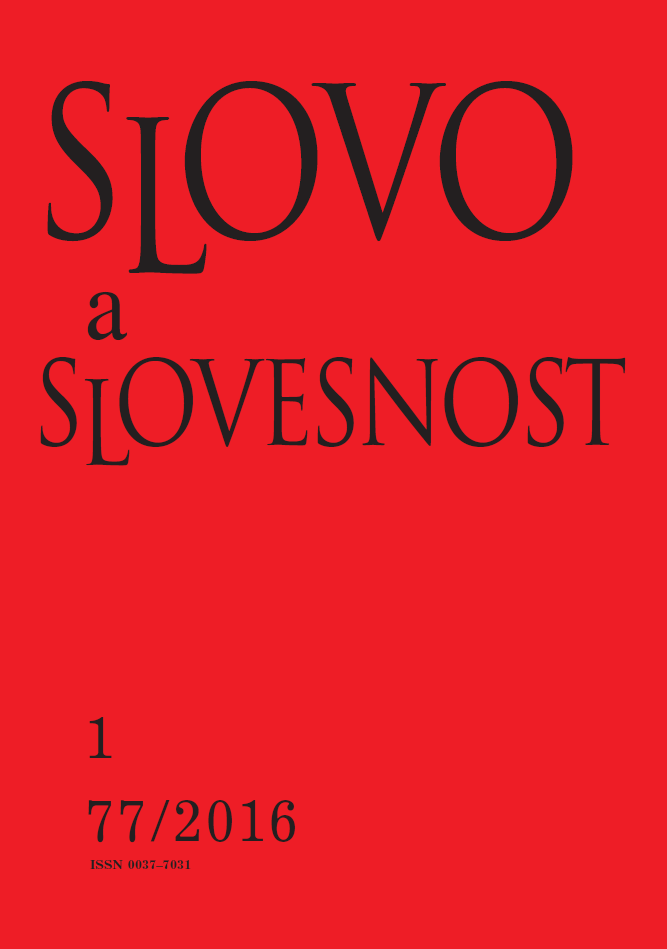
We kindly inform you that, as long as the subject affiliation of our 300.000+ articles is in progress, you might get unsufficient or no results on your third level or second level search. In this case, please broaden your search criteria.

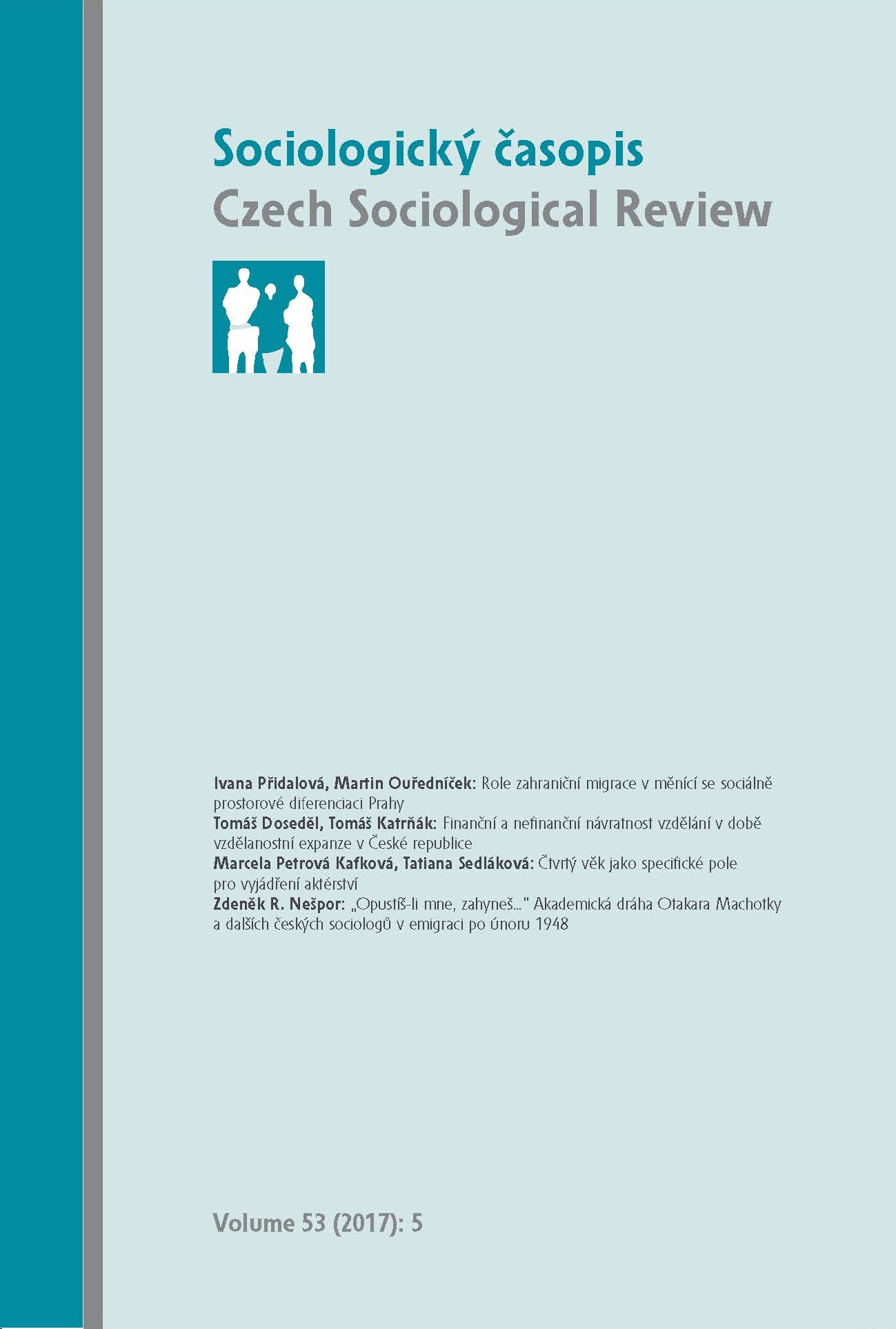
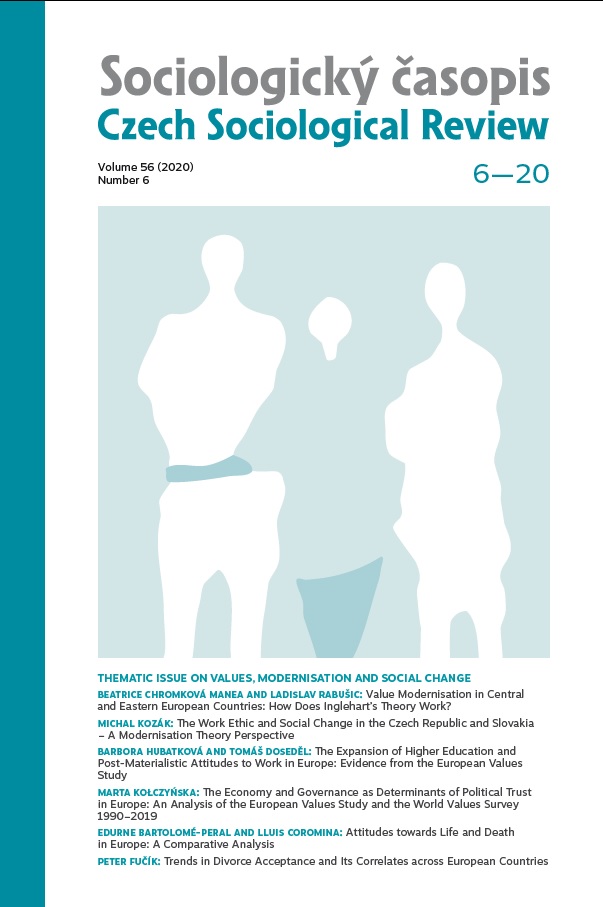
The centenary of Max Weber’s death raises the question of the wider significance of 1920 as marking a break in the history of social theory. This essay focuses on Germany and Austria, where the political break with the past was particularly sharp and the discontinuities in the social and intellectual configuration of the social sciences were most obvious. Three trends are particularly striking: the development of neo-Marxist social theory with György Lukács and Karl Korsch and the later emergence of critical theory, the polarization between neo-positivism and interpretive sociology, and the consolidation of the sociology of knowledge.
More...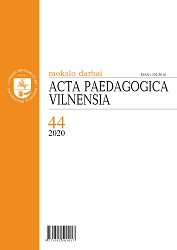
This paper does not go into detail concerning the current debate around the idea of “powerful knowledge”, however, a brief account of the history and context of the sub-discipline as it has developed in England, is presented. For that purpose, some references to the important works of Basil Bernstein are explicated. It was he after all, following the critical reception of his early work on linguistic codes, who first argued that knowledge, or as it is sometimes expressed “the stuff” and not just “the who” of education, was crucial to any serious debate. Some hot points in the debate between Bernstein and Michael Young are presented. The suggestion is given that differently from Bernstein ideas to take into account „pedagogical code“ in the knowledge reproduction we have to begin with the distinction between memorisation of knowledge which is close to the idea of consumption, and developing a relationship to knowledge which has more affinity with becoming a member of a community.
More...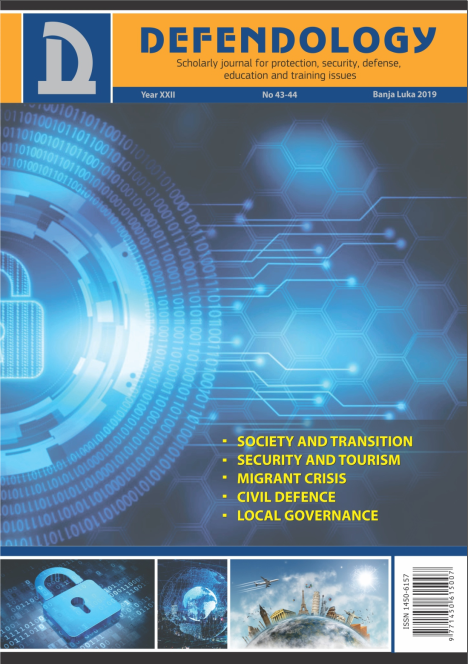
It can be freely said that there are only a few disciplines that have escaped so long the conceptual definition and the subject framework that would be generally accepted. The multiplicity of contents of sociology has led to a state in which almost every schoolbook or book, of different character distinctiveness, has a diverse determining framework of its subject. In all these periods and sociology definition quests, a troublesome seeking process of sociology for its own scientific identity has evolved. Nowadays, many analyses of state and perspective of sociology show visible signs of distrust, insecurity, as well as lack of prospects. This is due to the fact that many, outside this discipline, do not understand sociology seriously and do not attribute a merited significance to it. This problem becomes even more dramatic when one takes into account the fact that these doubts have snuck into the order of sociologists themselves. Ever-growing disbelief in itself harms sociology much more than the disbelief of those who are not in this profession.
More...
It can be freely said that there are only a few disciplines that have escaped so long the conceptual definition and the subject framework that would be generally accepted. The multiplicity of contents of sociology has led to a state in which almost every textbook or book, of different character distinctiveness, has a diverse determining framework of its subject. In all these periods and sociology definition quests, a tedious seeking process of sociology for its own scientific identity has evolved. Nowadays, many analyses of state and perspective of sociology show visible signs of distrust, insecurity, as well as underachievement. This situation is due to the fact that many, outside this discipline, do not understand sociology seriously and do not attribute a merited significance to it. This problem becomes even more dramatic when one takes into account the fact that these doubts have snuck into the order of sociologists themselves. Ever growing disbelief in itself harms sociology much more than the disbelief of those who are not in this profession.
More...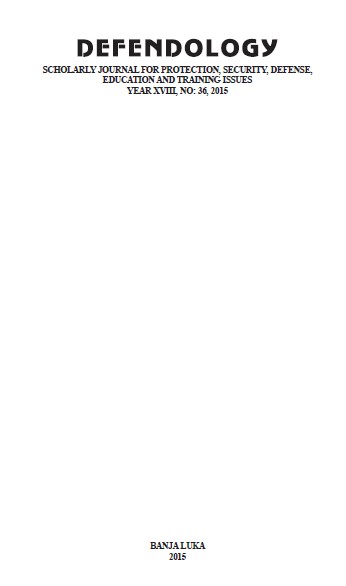
U radu se problematizuje aktuelnost Veberove metodološke koncepcije. Nasuprot učestalim interpretacijama koje nasljeđe klasične sociologije proglašavaju za prevaziđeno, a da pri tom ne nude valjanu argumentaciju za takve kvalifikacije, Veberova metodološka koncepcija se predstavlja kao heuristički plodonosan okvir za rješavanje ključnih aporija savremene sociologije (npr. spor između modernista i postmodernista, odnos djelovanja i strukture/subjekta i objekta, prednosti i nedostatke vezane za upotrebljivost kvalitativnog/interpretativnog i kvantitativnog/pozitivističkog pristupa pri istraživanju društvenih pojava i procesa). U tom kontekstu, Veberovu intelektualnu zaostavštinu ne treba razumijevati kao skup ideja koje se mogu reaktuelizovati ili odbaciti po potrebi putem modela analogije, već kao teorijsko i metodološki aktivan sadržaj koji mnogi sociolozi (i ne samo oni) i dan-danas koriste kao uzor i inspiraciju pri razumijevanju savremenih društvenih pojava i procesa.
More...
This paper shall deal with the actuality of Weber’s methodological conception. Contrary to frequent interpretations that declare classical sociology legacy obsolete, without offering a valid argument for these qualifications, Weber’s methodological conception is presented as a fruitful heuristic framework for addressing the key aporias of modern sociology (e.g. dispute between modernists and postmodernists, relationship of action and structure / subject and object, advantages and disadvantages associated with the usability of qualitative / interpretive and quantitative / positivist approach in the study of social phenomena and processes. In this context, Weber’s intellectual legacy should not be understood as a set of ideas that can be reactualized or rejected as needed via model of analogy, but rather as a theoretical and methodological active content that many sociologists (and not only them) use even today as a model and inspiration to understand contemporary social phenomena and processes.
More...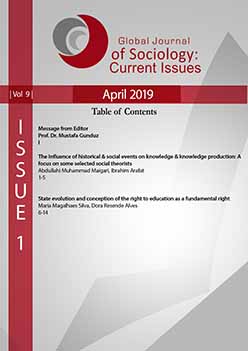
This article examines the relationship between knowledge produced by social theorists and the social events that occurred before and during their lifetime. The aim of the paper is to identify the social events and how they shaped the thoughts and knowledge produced by the selected theorists. This was approached through a review of secondary literature and narrative style to analyse the sourced materials. The paper examined three social theorists, philosophers or thinkers: Ibn Khaldun, Hegel and Comte. The study found that the knowledge produced by these theorists have traversed beyond disciplines classified as social sciences. It shows that the knowledge produced is intertwined with what happened before and during the time they lived which is reflected in their intellectual works. The paper submits that knowledge cannot be separated from the social reality of its producer. Therefore, the paper concludes that social theorists examined thought and wrote based on the social realities they encountered.
More...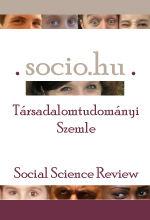
In issue 4 of 2019 the Social Science Review published an article entitled ‘Mobility and Social Integration’, which aimed to empirically examine the potential negative consequences of social mobility. In this paper, I would like to draw attention to the need for a theoretical clarification of that article’s conclusions regarding the dissociative thesis of Sorokin. The central question of the present paper is whether it is conceivable that Hajdu and his colleagues are right that ‚mobility’ has no negative consequences on psychological wellbeing or on social relationships, while Sorokin was not necessarily wrong either. The empirical results are not challenged here, but some key theoretical elements of the dissociative thesis are highlighted that need to be considered in order to ensure it is really a test of Sorokin’s thesis, and not of something else.
More...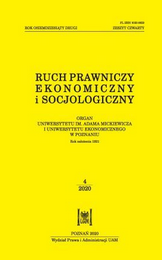
The paper is an attempt to diagnose the condition of contemporary sociology (its weaknesses, but also its potential strengths) based on an analysis of its language. On this basis, several scenarios concerning the future of sociology are formulated. Two of them (the scenario of the literaturization of sociology and the scenario of its gradual blending with the sciences of complexity) seem to be tantamount to the gradual self-elimination of sociology. Another – the scientization of sociology and its subordination to terminological and methodological regimes much more restrictive than previous ones – appears to be a practically unrealistic scenario, taking into account the history of sociology and its theoretical and methodological pluralism. The last three scenarios mentioned in the paper: the scenario of sociology developing as a sociological theory of complexity par excellence, the scenario of sociology based on existing traces, and the scenario of animation intervention sociology, mean that it will be forced to undergo radical change, while at the same time seeking to prolong its chances of survival to the greatest extent as a scientific discipline.
More...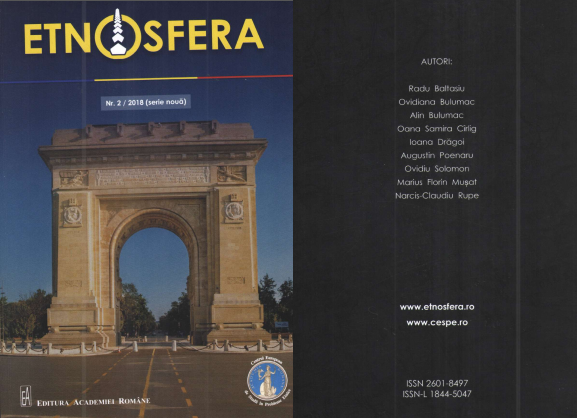
Family is a category of the fundamental realities, and at the same time an universal human institution. In the sociology of family domain we encounter a multiparadigmatic approach that intersects with other socio-human sciences. From af all of the possible theoretical approaches, the present article treats the issue of the traditional family as a conservative institution which is modelled by religious values and based on the preservationof traditions and customs, and on the pursuit of rules designed to maintain the stability and cohesion of the group. Therefore, the article falls within the interwar context of Romania,when the Sociological School from Bucharest, headed by Professor Dimitrie Gusti, was created and matured, based on extensive research on the Romanian village. The work Family monograph research. Methodological Contribution of Xenia Costa-Foru (Social Assistant),which was printed in Bucharest in 1945 at the „King Michael” Foundation PH (323 pages),is the result of a rich rural family survey held for 12 years at „Sociology Seminar” conducted by the same Professor, in which the monographic method was the methodological innovation.
More...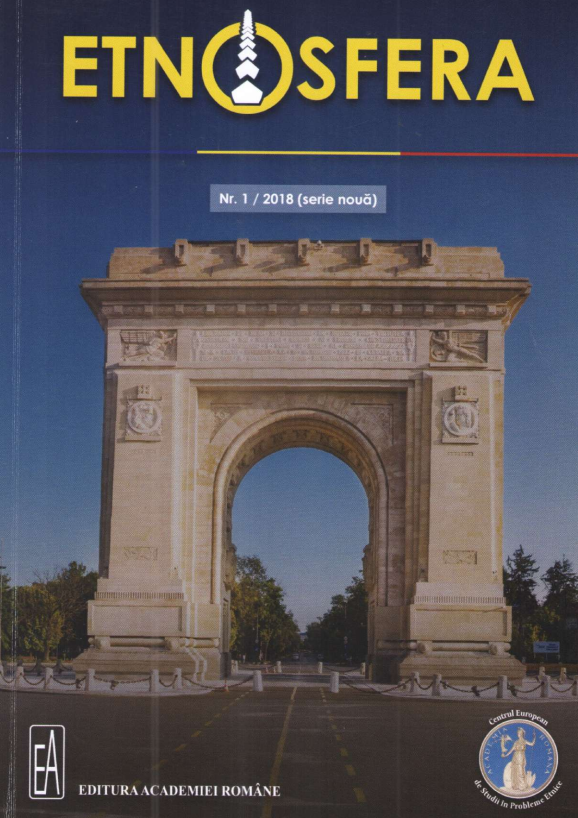
Avem în rândurile ce urmează un nou instrument de cunoa ștere – jurnalul de fișă al unei cărți, jurnalul ei de lucru, o descriere a modului în care un grup de tineri înțeleg s ă deslușească, prin dezbatere, o carte de specialitate: Ion Ungureanu, Paradigme ale cunoașterii societății, Humanitas, 1990. Publicăm aici primul episod, prima întâlnire. Cititorul ne va scuza dac ă vom da de-o parte elementele de „culise”, de „bucătărie”, „intimitățile” inerente unei asemenea discuții de lucrare (discuție lucrătoare).
More...
Ion Ungureanu, Paradigme ale cunoa șterii societății, Iași, Editura Junimea, 2002
More...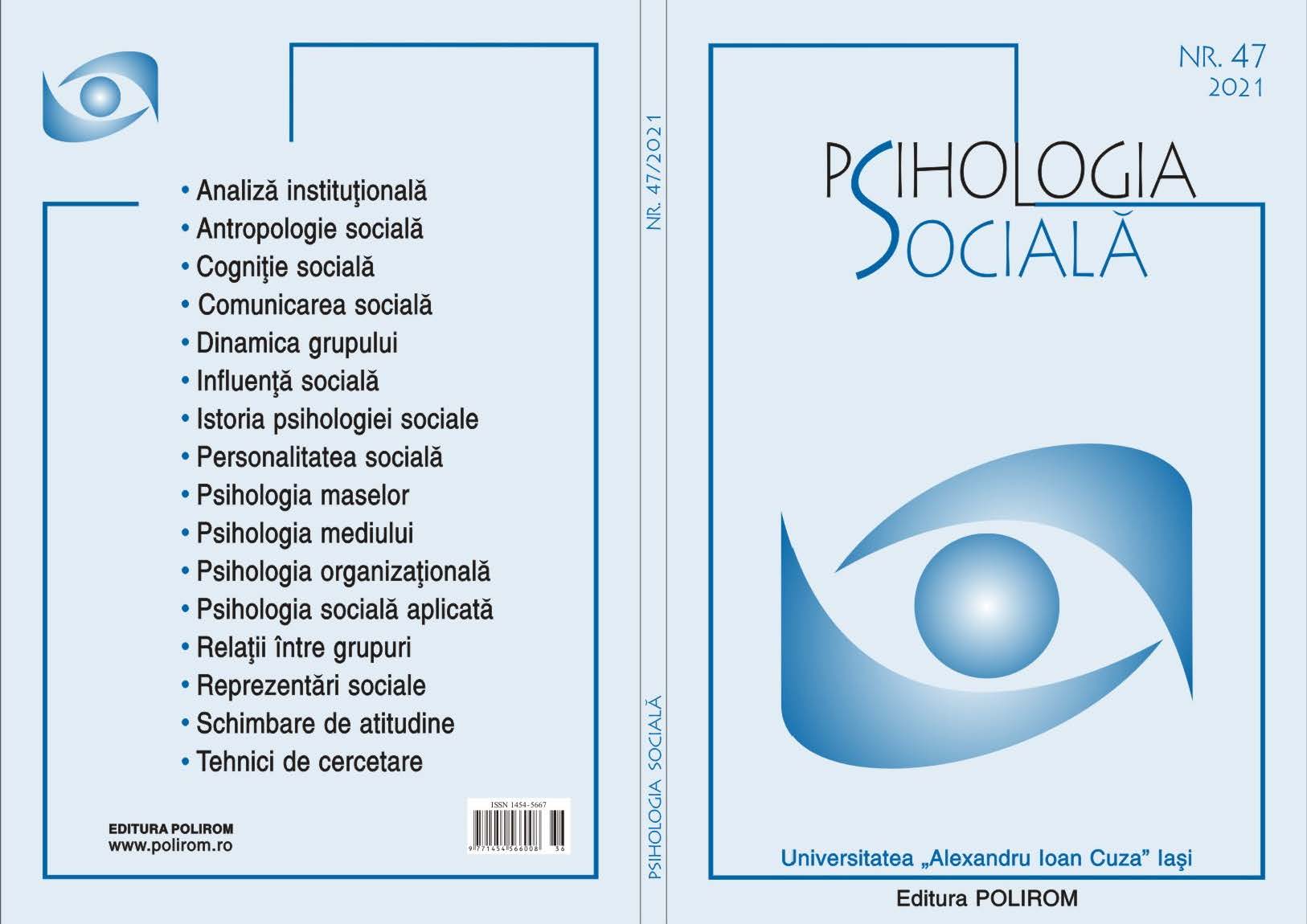
Review of: Ionuţ Butoi, Martin Ladislau Salamon (coord.),Marginal şi experimental. Cooperativa Gusti, douădecenii de cercetare în istoria sociologiei, Bucureşti,Editura Eikon, 2020
More...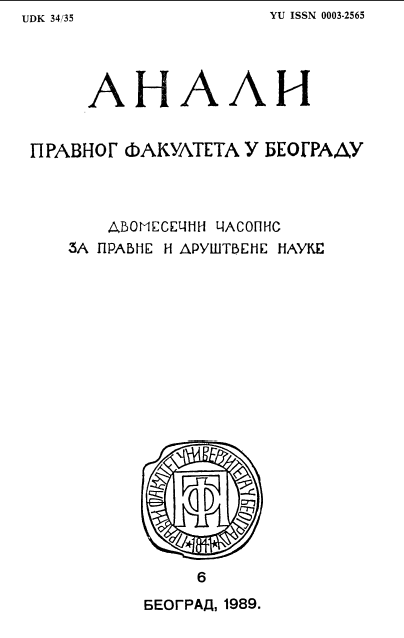
Sociology is in the most complete sense of the term an expression of spiritual and socio-historiical development of the new — capitalist society. It took place on the very soil of the French Revolution which has shaken the foundations of the civilized world and disturbed traditional values represented by the Catholic Church. Thus, sociology has at the same time been a result of the progress and regress in development of social thinking. It was a progress because finally philosophical and social thinking has acquired the character of scientific theory, and lit was a regress since its contents had at the beginning stage a conservative character. Confrontation between the two governing expressions of the times — Rationalism and Enlightenment, at the one hand, and between post- -revolutionary philosophy and conservativism, at the other, has marked also the character of a new social science. In such a way sociology has affirmed in the scientific cognitive sense the idea of positivism, while maintaining, in the wider, spiritual and social sense, its conservative character. The author of sociology— August Conte, and to a degree Saint- -Simon, his teacher, too, have emphasized without doubts the influence of conservative ideas of French traditionalists, but also the positivist approach of the new branch. Since the very beginnings, Conte's sociology sets two contradicting aims, namely: impartial, value-wise neutral recognition and knowledge of society, of social rules and laws, while at the same time also the instrumentalization of knowledge contained within sociology, in order to preserve the existing order of things, Bolshevik Revolution, too, (has set the same direct aims to social science — as the second great world revolution. Conte Inmself did not conceal his admiration for conservative ideas of French philosophers De Mestre and De Bonale, but he also emphasized that the French Revolution has been an epochal event in the transformation from the „metaphysical phase” into the „positive scientific phase" of development of society, namely, the phase where sociology assumes its from as a positive scientific discipline. However, establishing a stable society and checking the destructive power of revolution is but a social meaning of sociology. Genuine founding father of the French and world sociology — Emil Durkhem, although totally different in. his ideas of ideals and achievements of the French Revolution, in essence only analyzes more deeply the existing paradigm of sociology taken as a scientific branch. Durkhem's developed and systematized sociological theory, numerous research projects and neopositivist approach to the phenomenon of society have also an entirely pragmatic meaning, namely, establishing a stable state, political and legal order on the foundations of revoluti, onary achievements. The inheritance of the creator of sociology thus becomes a „dogma" of contemporary sociology, or a sociology of the „order” and sociology of „advancement”.
More...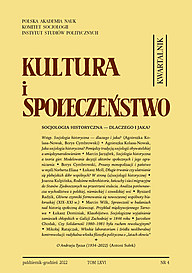
The main aim of the article is to discuss the concept of the European state in Norbert Elias’ works. Elias’ major books, The Court Society and The Civilizing Process, contain an interesting concept of the state, which to some extent is similar to interpretations of the state found in postwar works on historical macrosociology (especially those written in the US), but also has special features and is thereby in keeping with the originality of the Eliasian oeuvre. Sources used by Elias in his analysis of the state are highlighted in the article, especially those that also became important for other historical sociologists studying the development of the state. Attention focuses on early modernity, and in particular on absolutism as a form of government crucial to the development of centralised administrative institutions.
More...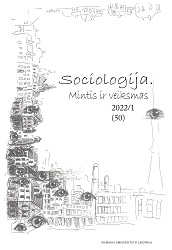
The present article seeks to discern the criteria or the quality of research, formulated and accepted within the scholarly community of the humanities. We argue that the scholars implicitly use these criteria opposing administrative evaluation. The analysis of these criteria revealed that they might be summarized in three broad categories – the novelty (originality, innovativeness) of the research; the excellence of the researcher (ability to conduct and describe the research); and the impact (academic as well as social-political). We argue that relevant criteria for the administrative evaluation of research in the humanities should draw on these perspectives.
More...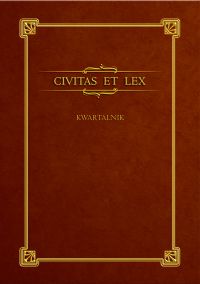
The aim of the article is to identify both positive and negative changes that have resulted from the digitization the Polish economy and society during the COVID-19 pandemic. Different sectors of the economy, which differ in their degree of vulnerability to digital transformation, have been analyzed in detail. The main research question is to evaluate the changes, both positive and negative, that have occurred in the economy. One of the positive effects of innovation is greater quality of work, better production outcomes, and overall economic growth. The phenomenon of introducing new technologies may become a stimulus to include Poland among the most digitally developed economies within Europe. Digitalization can also be an opportunity to dominate the global economy, but the whole process mainly concerns only large companies, because only they have the financial capacity to make changes. Small businesses are now said to be marginalized and run on traditional principles. In addition, the digitization process during the COVID-19 pandemic affects all members of society, including children in schools, which can also be a problem due to the insufficient financial capacity of many parents in Poland.
More...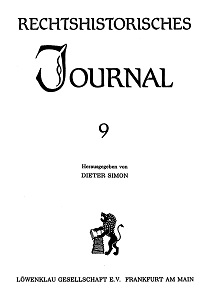
One of the most striking facts in the appropriation of Max Weber is the fact that very different disciplines want to secure his inheritance: The theory of science sees Weber as one of their own, the science of history begins to claim Max Weber for itself, while for sociology it was never in question that their founding father was a sociologist and nothing else, which stands in strange contrast to the fact that Weber put the word "sociology" in distancing quotation marks until the last years of his life. In this picture of the historical and systematic attributions of the discipline, a historical origin of Max Weber is neglected in a strange way, which is completely indisputable: namely his origin in jurisprudence.
More...